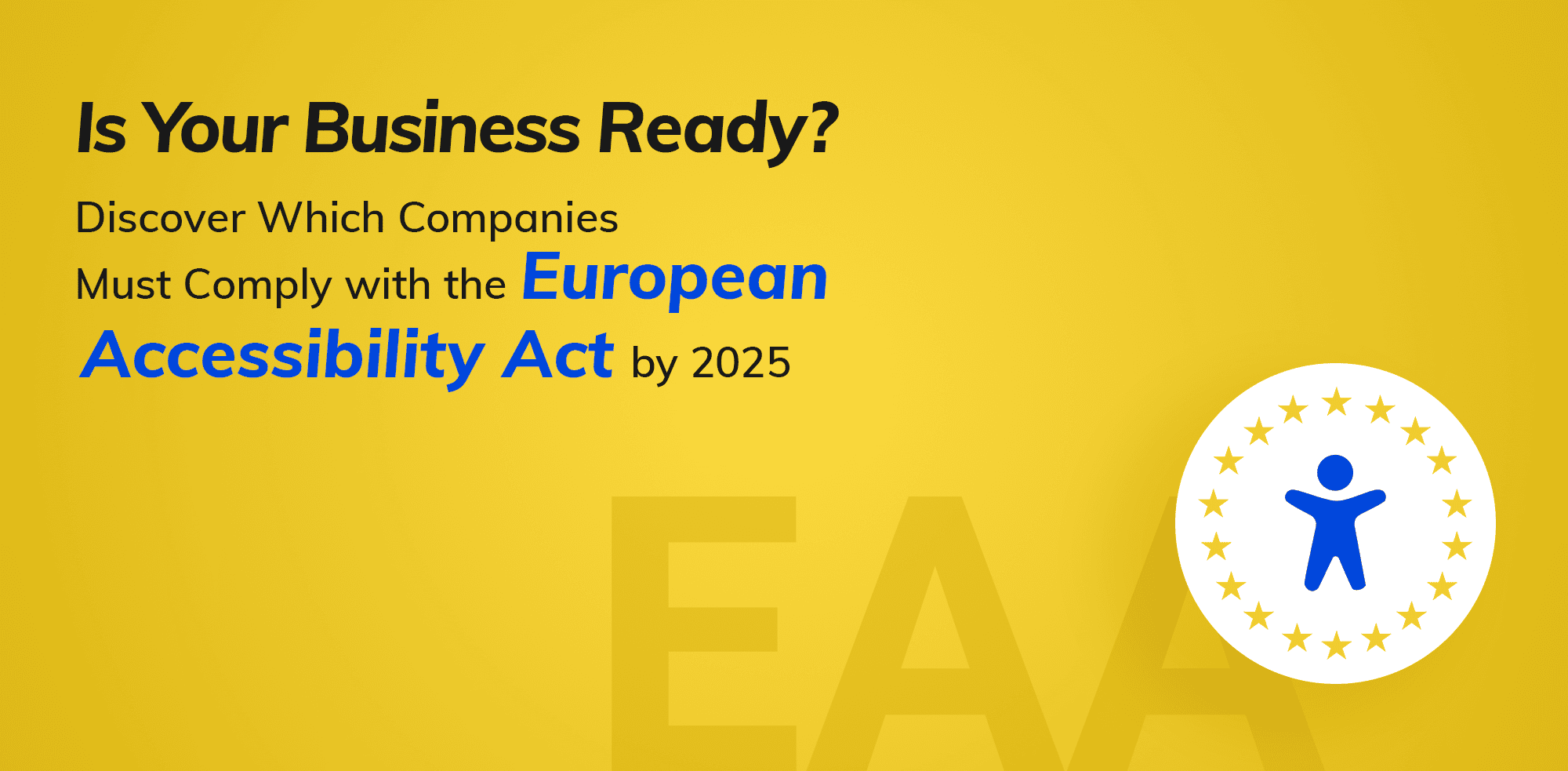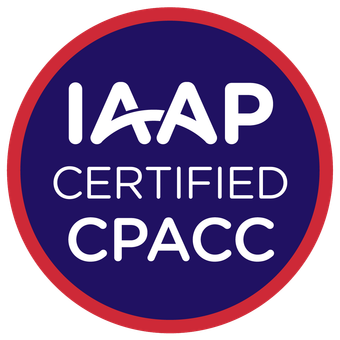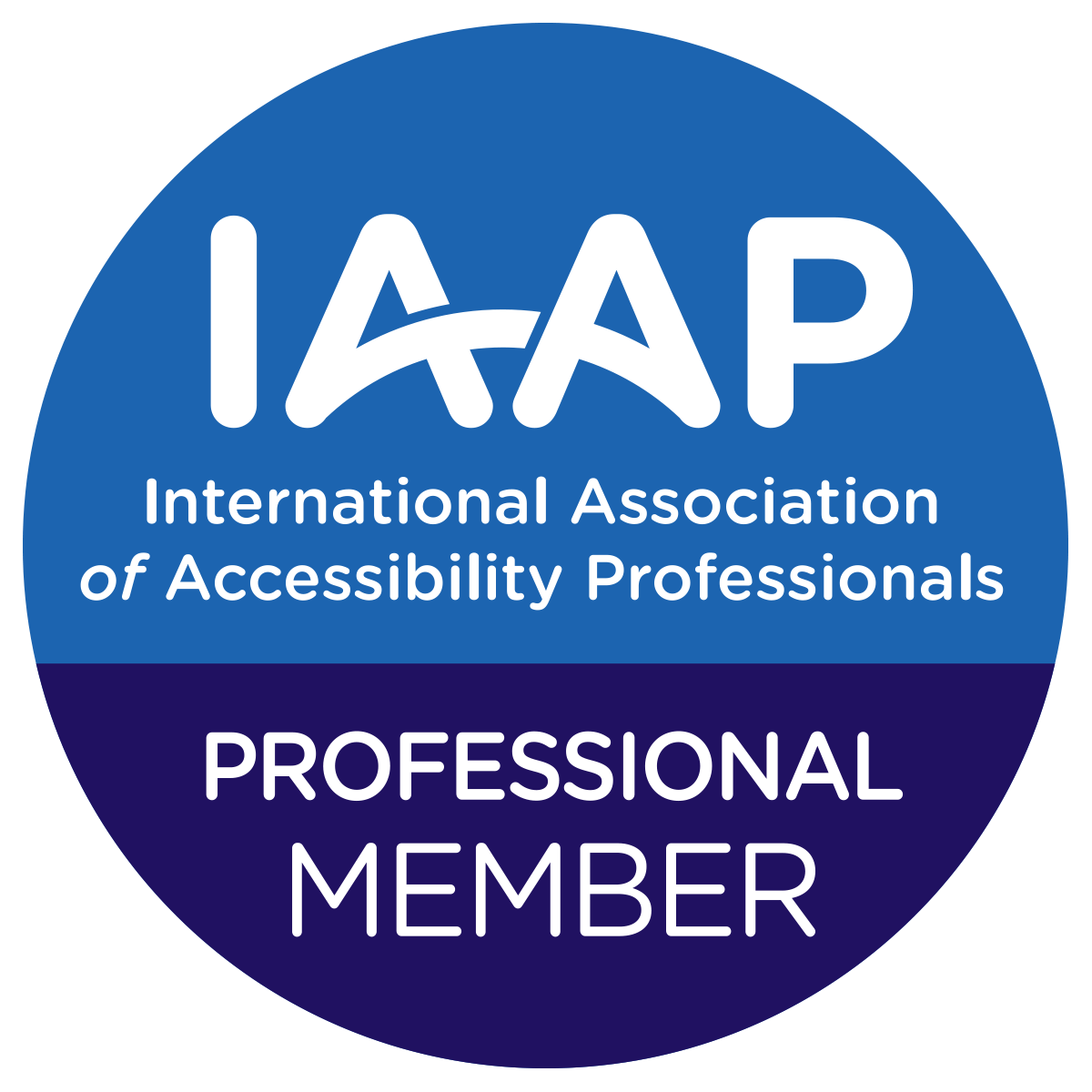As the deadline for the European Accessibility Act (EAA) approaches, many European Union businesses ask themselves: “Does my company need to comply?” The answer might surprise you. The EAA is a comprehensive directive that mandates accessibility standards for a wide range of products and services, ensuring that they are usable by individuals with disabilities. If your business operates within the EU, or even if you’re based outside the EU but sell products or services, compliance with the EAA is not just a recommendation—it’s a legal requirement.
In this blog, we’ll explore which companies must comply with the EAA, why it’s crucial to start preparing now, and how your business can meet these standards before the June 2025 deadline.
Who Must Comply with the European Accessibility Act?
The EAA applies to a broad spectrum of businesses, particularly those producing or offering digital and physical products and services. Below are the key categories of companies that must ensure compliance:
1. Technology Companies

- In Scope: Companies that manufacture or sell computers, operating systems, smartphones, and digital communication devices.
- Why Compliance is Necessary: These products are critical for daily communication and information access. Under the EAA, they must be accessible to all users, including those with disabilities. This means that hardware, software, and user interfaces need to be designed with accessibility in mind.
2. Financial Services Providers

- In Scope: Banks, insurance companies, and financial institutions offering digital and physical financial services such as online banking, ATMs, and payment terminals.
- Why Compliance is Necessary: Financial services are essential for independence and social participation. The EAA ensures that individuals with disabilities have equal access to these services, which include accessible online platforms and physical machines like ATMs.
3. eCommerce Platforms

- In Scope: Any business that sells goods or services online within the EU, including marketplaces and online retailers.
- Why Compliance is Necessary: With eCommerce being a significant part of the economy, ensuring that online shopping platforms are accessible is crucial. This includes making websites navigable using assistive technologies and ensuring that product information is easily accessible.
4. Media and Broadcasting Companies
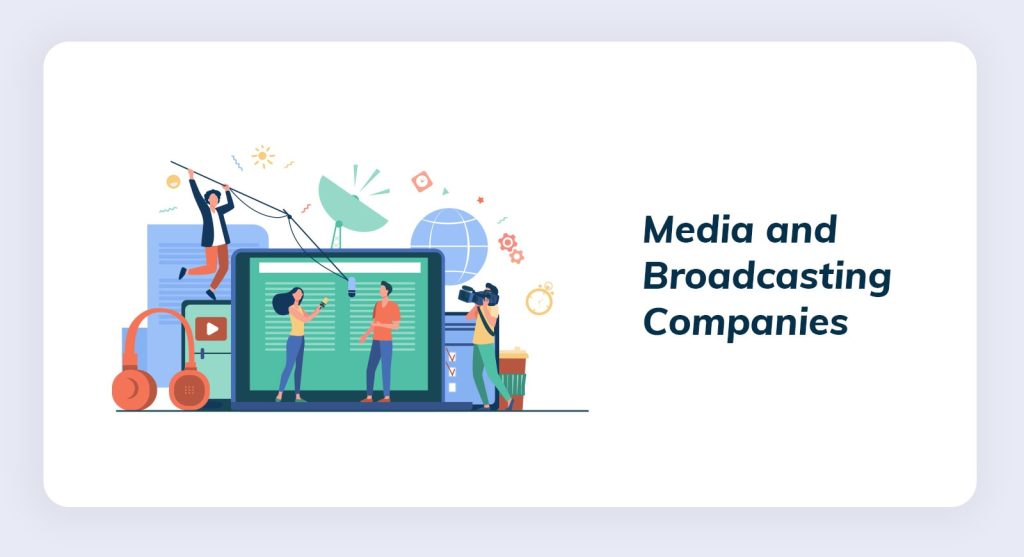
- In Scope: Companies that offer TV equipment, audio-visual media services, and digital broadcasting.
- Why Compliance is Necessary: Accessibility in media is vital for ensuring that people with disabilities can consume information and entertainment on an equal basis with others. This includes subtitling, audio description, and accessible TV interfaces.
5. Transportation and Ticketing Services
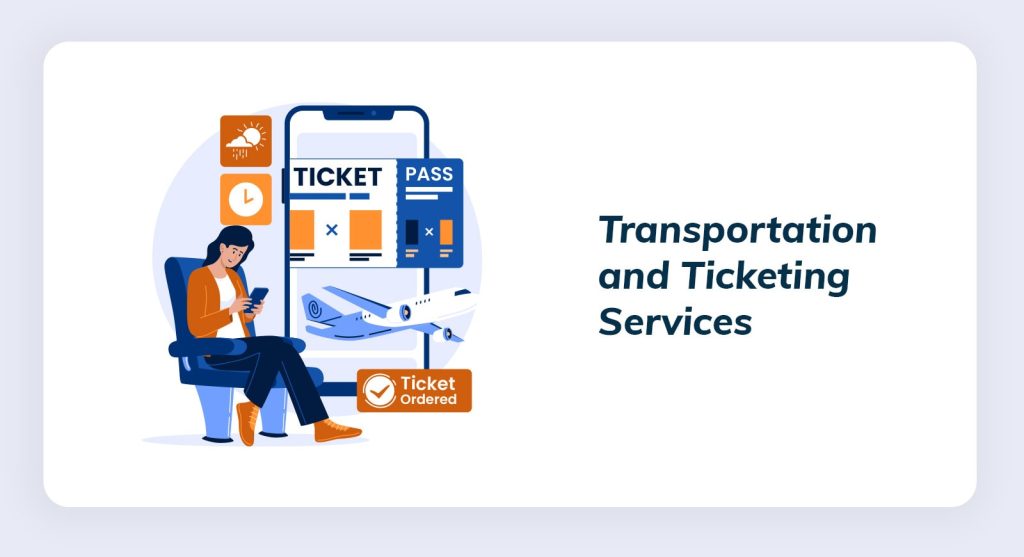
- In Scope: Companies providing air, bus, rail, and waterborne transportation services, including those offering online ticketing and check-in services.
- Why Compliance is Necessary: Accessible transportation is a cornerstone of independence for individuals with disabilities. The EAA covers both physical access to transport and the digital services associated with booking and managing travel.
6. Public Sector Organisations
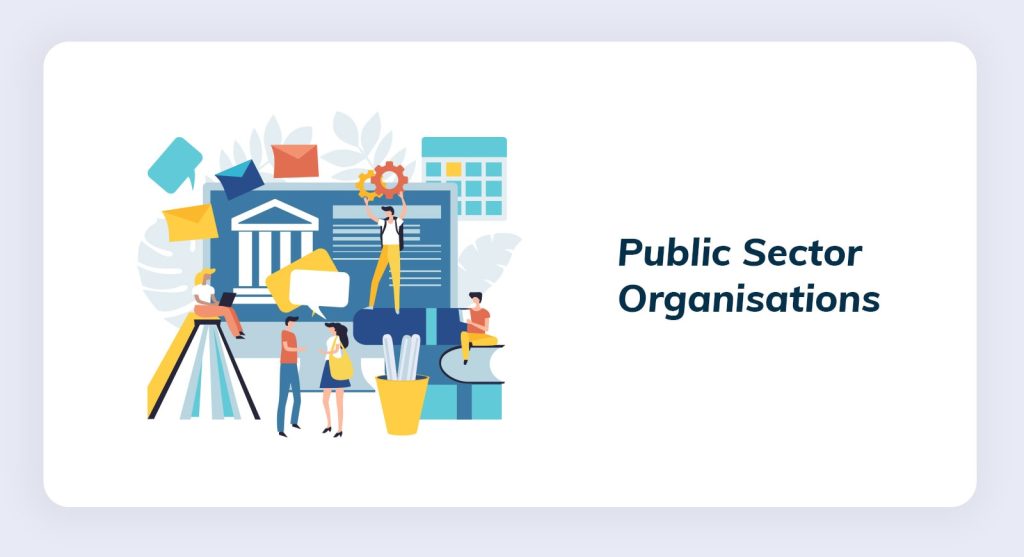
- In Scope: Government bodies and public service providers that offer services to the public, including websites and mobile applications.
- Why Compliance is Necessary: Public sector organisations are already bound by various accessibility regulations, but the EAA adds another layer, ensuring all public digital services are fully accessible.
7. Retailers with Self-Service Terminals
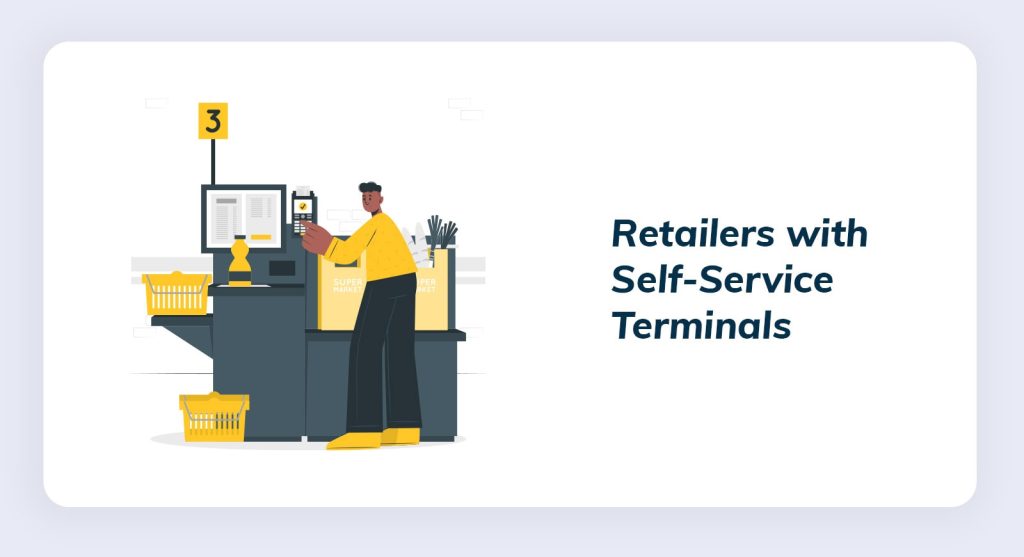
- In Scope: Supermarkets, malls, and other retail environments that use self-service payment terminals or ticketing machines.
- Why Compliance is Necessary: The EAA ensures that self-service terminals are accessible, meaning they should include features like screen readers, voice output, and other assistive technologies to support users with disabilities.
8. Telecommunications Providers
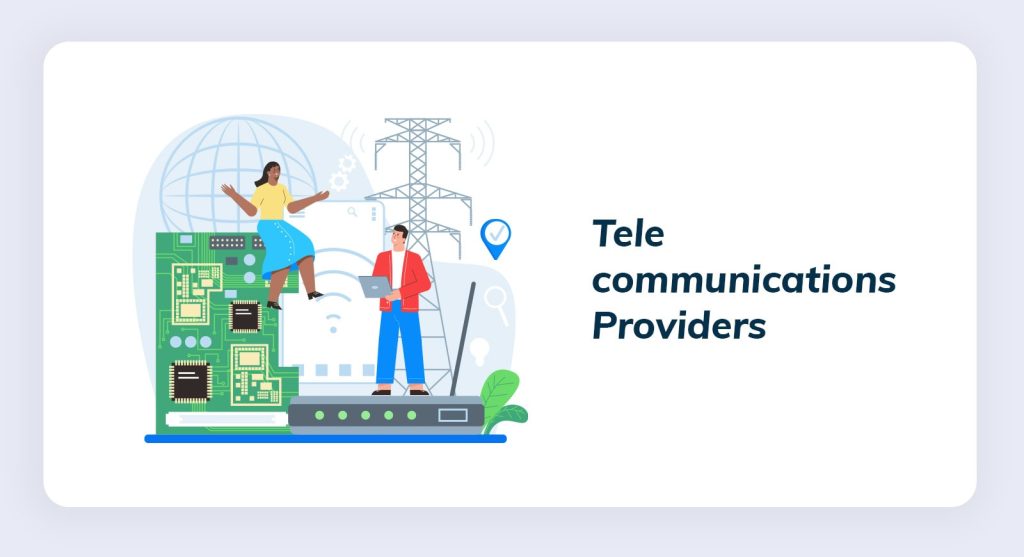
- In Scope: Companies offering telephone services, including mobile and landline operators, as well as internet service providers.
- Why Compliance is Necessary: Telecommunications are vital for social interaction and business. The EAA requires that these services be accessible, including websites and customer service interfaces.
Exceptions and Special Considerations
While the EAA is broad in scope, there are some exceptions and special considerations:
- Microenterprises: Companies with fewer than 10 employees and an annual turnover below €2 million are exempt from some obligations. However, they are encouraged to voluntarily comply with the Act to improve their service offerings.
- Transitional Provisions: Some businesses, especially those using self-service terminals, may be granted additional time to comply with the EAA’s requirements. However, these exceptions are temporary and compliance will eventually be mandatory.
Why Early Compliance Matters?
The June 2025 deadline may seem far away, but the complexity of implementing accessibility changes means that businesses should start preparing now. Early compliance helps avoid potential fines and legal actions and opens up your business to a wider audience, including the nearly 87 million people with disabilities in the EU.
How Sweans Can Help?
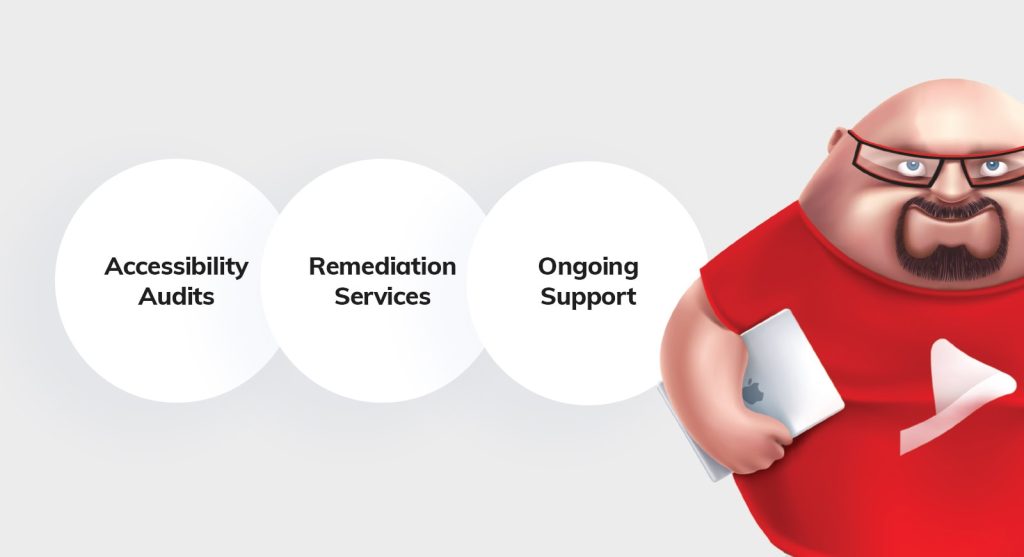
At Sweans, we specialise in helping businesses achieve full compliance with the European Accessibility Act. Our services include:
- Accessibility Audits: Comprehensive evaluations of your products and services to identify areas that need improvement.
- Remediation Services: Tailored solutions to ensure your business meets or exceeds the EAA standards.
- Ongoing Support: Continuous monitoring and updates to ensure your business remains compliant as regulations evolve.
If your business falls into one of the categories outlined above, it’s crucial to start your journey toward EAA compliance now. The benefits of early compliance extend beyond just avoiding penalties; they include enhancing your brand’s reputation, expanding your customer base, and leading the way in corporate social responsibility.

Don’t wait until the last minute—start preparing for the European Accessibility Act today. Contact Sweans to schedule a consultation and ensure your business is ready to meet the accessibility standards by June 2025.
I’m Ajay C Thomas, Founder & CEO of Sweans Technologies Ltd, a global agency specializing in website design, branding, web application development, and eCommerce, serving clients around the world with proven success.

